Then They Came For Mine
$19.00
Black Americans’ resilience during centuries of racially-motivated violence is beyond remarkable. But continuing to endure this harm allows for generations of trauma to fester and grow. Healing has to be the priority going forward.
For decades, Tracey Michae’l Lewis-Giggetts clung to her upbringing in the church, believing that racial reconciliation would come through faith and discipline, being respectable, and doing what’s right. But when her cousin became the victim of a white supremacist’s hateful rampage, her body and soul said, “no more.”
The trauma of America’s racial history, wreaking havoc on not only Black and Brown folk but white people too, in its own way, will not be alleviated without the will to face it head-on. We must name the dehumanization that plagues us, practice truth-telling and self-care, and make space for our vulnerability–to do the hard work of healing ourselves and our communities.
This book is written with that healing in mind. It unpacks how American systems and institutions enable the kind of violence we’ve seen connected to white supremacy and nationalism. It examines the way media has created a desensitization to violence against Black bodies. It outlines what it looks like for a person who claims to follow Jesus to be anti-racist. But more than anything, it offers a blueprint for healing and reconciliation that includes the necessity of white people untangling from an ancestral mandate of colonization and false notions of supremacy, and Black and Brown people reckoning with the impact of trauma and feeling free to grieve in whatever way grief shows up.
in stock within 3-5 days of online purchase
SKU (ISBN): 9780664267285
ISBN10: 0664267289
Tracey Lewis-Giggetts
Binding: Trade Paper
Published: September 2022
Publisher: Westminster John Knox Press
Related products
-
Drawing Pad : Available From Anchor
$4.99Games and Toys
Additional Info
This generously sized drawing pad provides a clean sheet for every creative whim. Premium white bond paper is ideal for pencils, crayons, markers, chalk, watercolor or poster paints.Add to cartin stock within 3-5 days of online purchase
-
Bargain For Frances Level 2
$3.99Frances and Thelma are friends — most of the time
Thelma always seems to get Frances into trouble. When she tricks Frances into buying her tea set, it’s the last straw. Can Frances show her that it’s better to lose a bargain than lose a friend?
Add to cart2 in stock
-
Ruthless Trust : The Ragamuffins Path To God
$14.99We are made for the love of God, and nothing less will ever satisfy us. In his acclaimed bestseller, The Ragamuffin Gospel, Brennan Manning showed us the powerful truth that the divine gifts of love is ever present for us regardless of the state of our lives. Now in this challenging sequel, he turns to our primary obstacle to living fully within this divine love — the lack of “ruthless trust.”
Through rich stories and deep insights, Manning shows us how true and radical trust can transform everything in our lives. No matter where we are on our path of discipleship, he offers encouragement to shed the limitations of fear, shame, and doubt through complete reliance upon God. The way of Ruthless Trust is not an abstract theory; it is that very practical and demanding path that each of us must follow in response to God’s love.
Add to cart1 in stock (additional units can be purchased)

 1 Youre With
1 Youre With


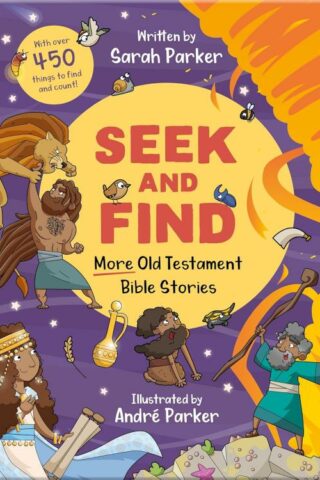

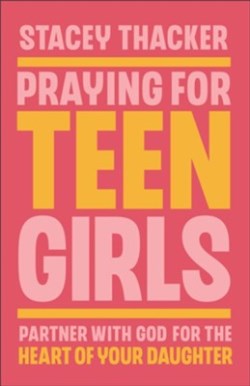

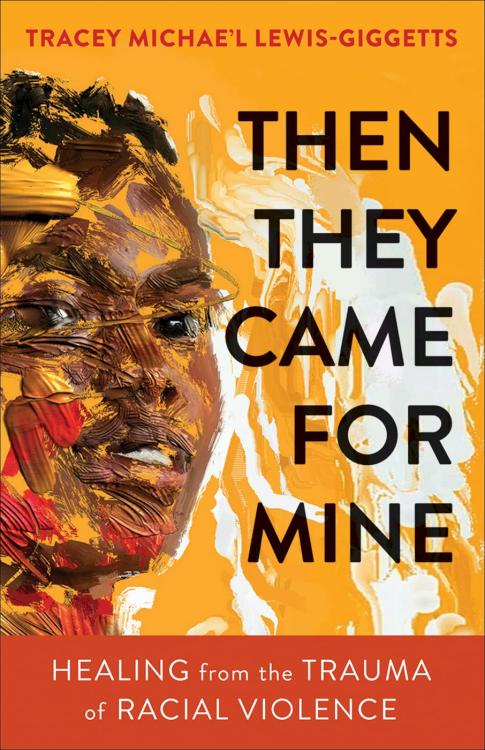


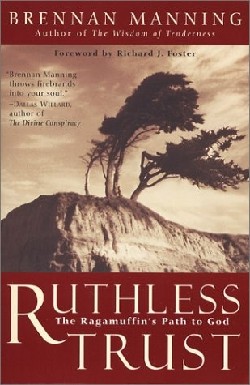





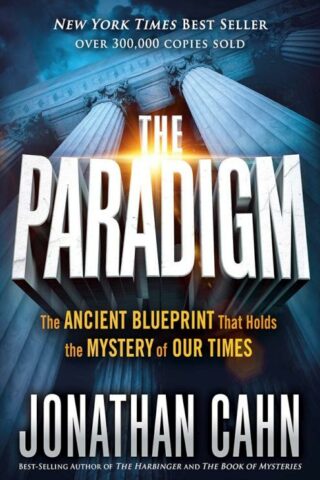
Reviews
There are no reviews yet.